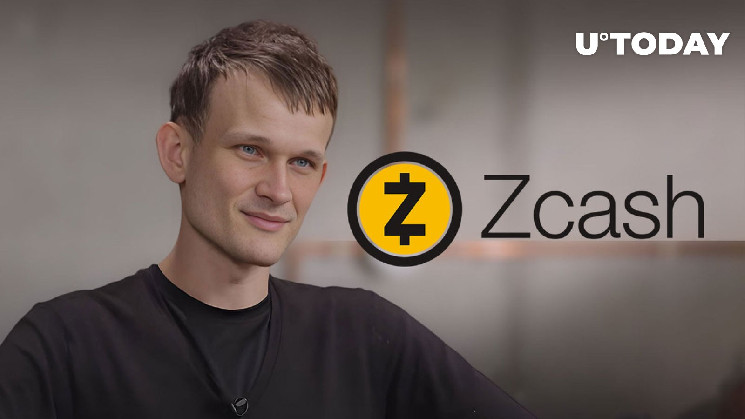Ethereum founder Vitalik Buterin provided insights about privacy-oriented ZCash, suggesting a different approach to development funding. He imagined a fusion where ZCash remains "Conservative on technology, insistent on privacy, experimental on economics."
Buterin's idea centers around off-chain-governed RPGF rounds, possibly integrating a yearly issuance or an anonymous voting system for decision-making. The concept utilizes decentralized governance principles.
IMO Zcash should do off-chain-governed RPGF rounds with issuance every year (or perhaps an indirect process where you off-chain choose some voters who then anon-vote)
— vitalik.eth (@VitalikButerin) April 21, 2024
"Conservative on technology, insistent on privacy, experimental on economics" would be a great niche for Zcash.
ZCash uses zk-SNARK technology to provide privacy to its users. This tech currently demands significant computational resources, restricting wallet support to computers rather than mobile devices. As for the timeline on mobile wallet availability, it largely depends on the progression of lighter zk-SNARK protocols.
Despite ZCash's advanced privacy
Ordinary traders might opt for privacy-enhanced transactions in scenarios where they require confidentiality for security reasons, during high-value transactions or when trading in politically unstable regions.
To support privacy transactions, ZCash may need to market the advantages of privacy and create various incentives for private transactions to promote their usage. Buterin's remarks and their potential implementation may in fact drastically change the situation on the private cryptocurrencies market.
ZCash stands at the frontier of this debate, holding the flag for privacy with the potential to lead a shift toward more secure and discreet online transactions. With input from visionaries like Buterin, ZCash could well be on its way to redefining economic privacy for the future.
 u.today
u.today
